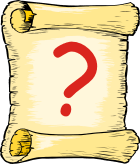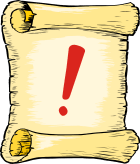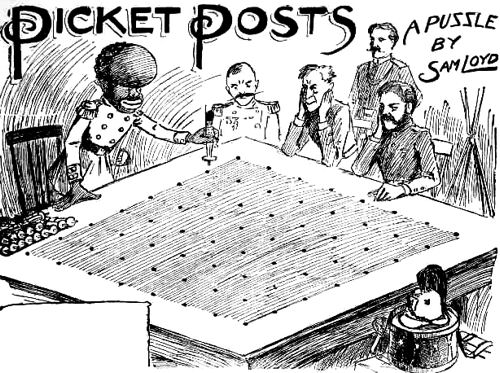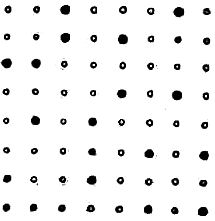



HERE IS AN ODD LITTLE problem in military tactics which can be worked out advantageously upon an ordinary checker-board of sixty-four squares, the puzzle being to place sixteen checkers upon the board so that there shall not be more than two in a line in any possible direction. In the puzzle given, however, it is stipulated that we begin by placing two officers upon the spots as near as possible to the center of the field. This makes the puzzle less difficult, as we have two of the men placed properly to begin with, and the problem is then merely to post, the other men so that there shall be no three in a line. In other words, after the sixteen figures are posted correctly a cannon ball coming from any possible direction could not hit more than two men. It is a pretty and interesting puzzle, somewhat akin to famous problem of placing eight queens upon a chessboard so that none can he taken by another. It yields readily to a system of exhaustive analysis which may be introduced upon a simple plan, but will try the patience of such as attempt to master it by haphazard experimental methods. The theory of analysis by exhaustive trial, enters largely into puzzle practice in the construction as well as guessing of problems and pertains to an invaluable training of the mind. First place the officers in the center of the board, and then devise a method of exhaustive analysis which will ring every possible change of the placing of the fourteen men so that the same trial positions never recur a second time.
To that odd little lesson in military tactics wherein it was required to place sixteen checkers upon a board of sixty-four squares so that no three should be in line from any possible direction, the accompanying diagram shows the correct answer. The stipulation of beginning by first placing two men in the center of the board bars out many answers which would otherwise be quite as correct as the one here shown:

2.
Why does a minister always say “dearly beloved brethren” and not refer to the sisters? Because the brethren embrace the sisters.
In what liquid does the Queen of England take her medicine? In cider (side her).
Why is a restless man in bed like a lawyer? Because he lies on one side, then turns around and lies on the other.
Why do tailors make very ardent lovers? Because they press their suits.
What is the difference between a rejected and an accepted lover? One misses the kisses and the other kisses the misses.
Why is a lover like a knocker? Because he is bound to adore (a door).
In what colored ink should we write our secrets? In violet (inviolate).
Why is a young lady like an arrow? Because she can't go off without a bow (beau), and is in a quiver till she gets one.
If a young lady fell into a well why couldn't her brother help her out? Because, how could he be a brother and assist her (a sister) too?
Why does a Russian soldier wear brass buttons on his coat, and an Austrian soldier wear steel ones? To keep his coat buttoned.
What is the difference between an old penny and a new dime? Nine cents.
What is the best way to make a coat last? To make the trousers and vest, first.
What word of four syllables would a man utter if he should eat his wife and wanted to express his approbation of the deed? Gladiator (glad I ate her).
[Page 105]